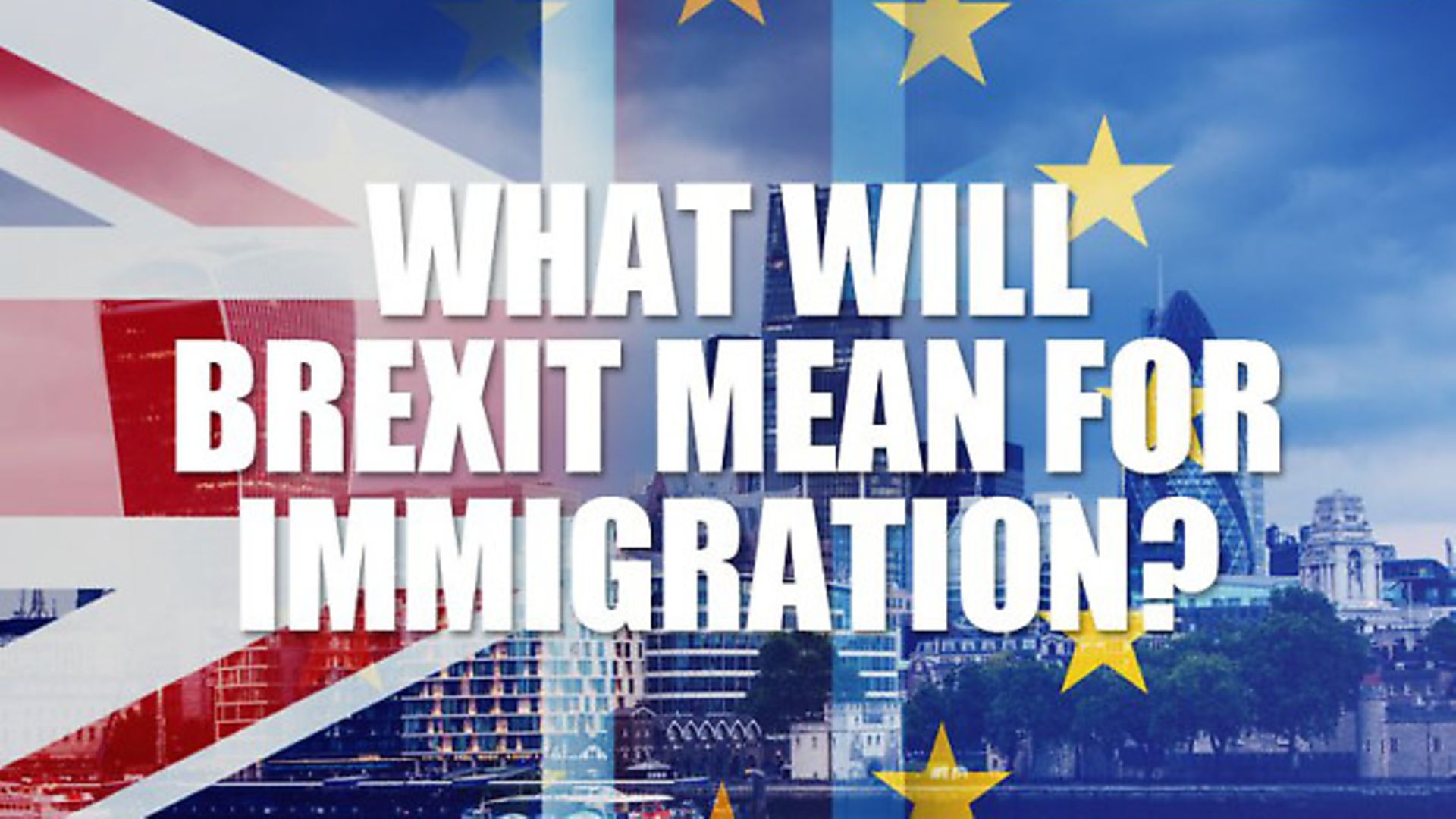
The central focus of the Leave campaign was for Britain to ‘take back control of our borders’.
When Britain, as part of the European Union, signed up to the single market it agreed to the rule that goods could move freely across borders as if the EU was a single country. Many believe Britain’s entry into the EU in 1973 bolstered the economy and has proved to be very fruitful financially. Britain remains one of the world’s largest economies, until as recently as October 2016 the World Bank ranked it fifth but many observers believe the hit the pound took after Brexit has now seen it overtaken by France and India.
However, as part of the single market deal to allow the free movement of goods people must also be given the same rights. This has proved controversial for many years with some believing that economic immigration is good for the country while others argue that the influx of people is a drain on the British state.
How many EU nationals live in Britain?
Around 3million people who originate from EU countries now reside in Britain. This accounts for about 6.6% of the workforce.
In his resignation speech David Cameron attempted to quash fears that these people would be asked to leave. He said that there would be ‘no immediate changes’ to their circumstances.
However, the Brexit Bill, put before parliament in late January 2017, offers no guarantees and it is believed that the Government wants assurances about UK nationals living in the EU before it makes its policy clear. This has caused outrage among some MPs. When the Bill to trigger Article 50 was being voted on in the House of Commons Labour’s Harriet Harman attached an amendment in a bid to ensure the rights of EU citizens currently living in the UK. A predicted Tory rebellion was quelled when Home Secretary Amber Rudd sent a memo assuring colleagues ‘nothing would change’ for EU citizens.
Experts believe that the vast majority of EU nationals will be allowed to stay – 71% have lived here for longer than five years which grants them that right no matter what happens during negotiations. However, rules on whether family members can join them, for example, remain unclear.
What about after Brexit?
Although it may disappoint many on the Leave side, Britain will not close the borders after Brexit. The pressure on the Government from big business to allow skilled workers to operate in Britain will be too great. That is not to mention the National Health Service which relies heavily on staff from overseas whether they are doctors or cleaners.
During the referendum the Leave campaign argued that Britain post-Brexit could adopt an Australian-style points-based system for immigration. This would limit the number of people coming in depending on what skills they have. However, Number 10 has apparently ruled this out.
Words: Richard Porritt
________
More like this:
Who voted against the Brexit Bill?
________








